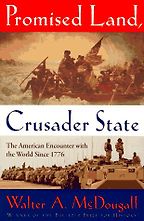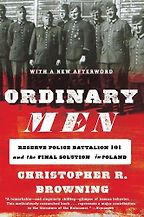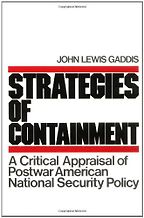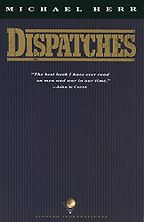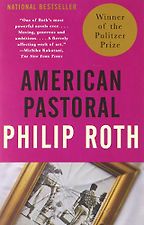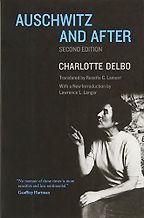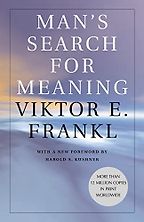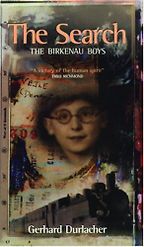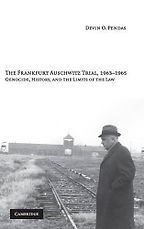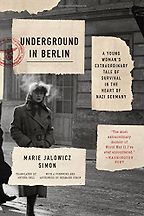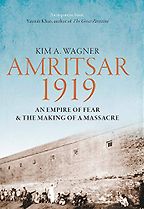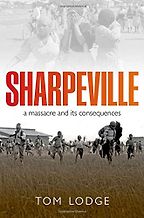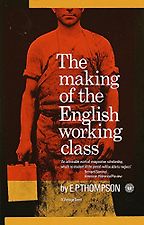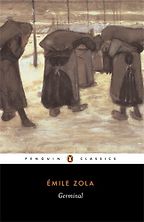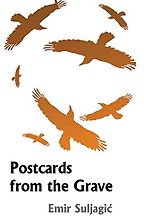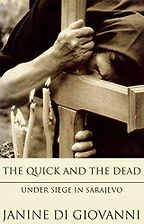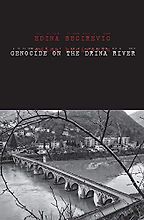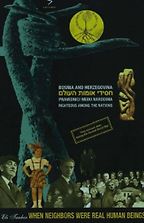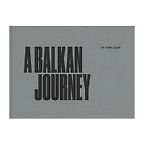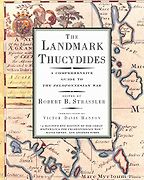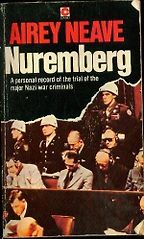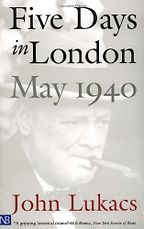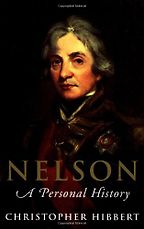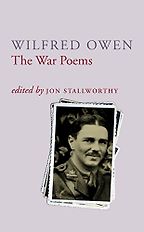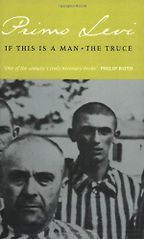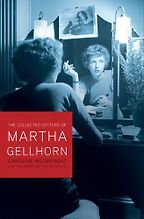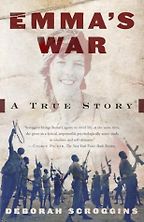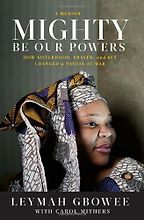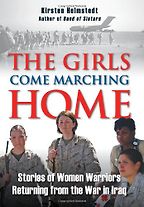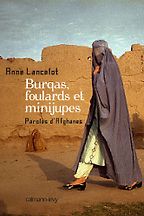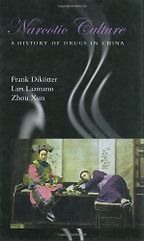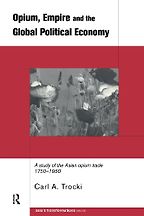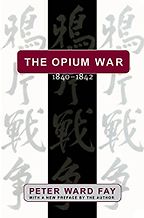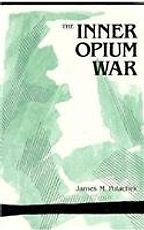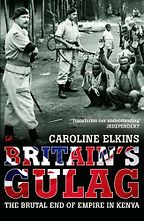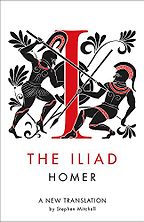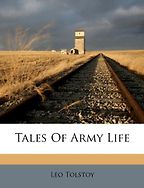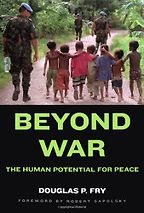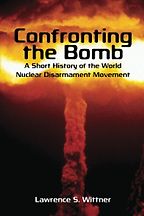The best books on US Intervention, recommended by Lawrence Kaplan
The foreign affairs commentator explains why US presidents have less room to manoeuvre on foreign policy than they think, and why President Obama had to set aside his “minimalist” inclinations.
-

1
Auschwitz and After
by Charlotte Delbo -

2
Man's Search for Meaning
by Viktor Frankl -

3
The Search: The Birkenau Boys
by Gerhard Durlacher -

4
The Frankfurt Auschwitz Trial, 1963-1965: Genocide, History and the Limits of the Law
by Devin O Pendas -

5
Underground in Berlin: A Young Woman's Extraordinary Tale of Survival in the Heart of Nazi Germany
by Marie Jalowicz-Simon
The best books on Auschwitz, recommended by Mary Fulbrook
The best books on Auschwitz, recommended by Mary Fulbrook
Why were so few of the Nazis involved in running Auschwitz brought to justice? Why did some Germans during the Holocaust risk death to hide Jewish people from Nazi persecution, while others were passive bystanders? Historian Mary Fulbrook—author of Reckonings, which won the 2019 Wolfson History Prize—recommends essential reading for understanding Auschwitz and its aftermath.
The best books on Popular Uprisings, recommended by Robert Poole
Under what conditions do popular uprisings end in massacres? What’s the best way for someone protesting against a government to get what they want? Robert Poole, Professor of History at the University of Central Lancashire and author of Peterloo: The English Uprising, recommends the best books on uprisings.
-

1
Transitional Justice
by Ruti G Teitel -

2
A Human Being Died That Night
by Pumla Gobodo-Madikizela -

3
Atrocity, Punishment, and International Law
by Mark A Drumbl -

4
Imperfect Justice: An East-West Diary
by Inga Markovits -

5
Brothers of the Gun: A Memoir of the Syrian Civil War
by Marwan Hisham and Molly Crabapple
The best books on Transitional Justice, recommended by Colleen Murphy
The best books on Transitional Justice, recommended by Colleen Murphy
When a period of war or oppression draws to a close, how should a country face up to past wrongdoing while creating a future free of conflict? Colleen Murphy—professor of law, philosophy and political science at the University of Illinois—discusses five books that examine the issues at the heart of ‘transitional justice.’
The best books on Bosnia, recommended by Velma Šarić
As a teenager, Velma Šarić’s hometown of Kladanj welcomed refugees from eastern Bosnia as it was bombed and shelled, her primary school eventually becoming a shelter for people fleeing the massacre at Srebenica. Now she runs Sarajevo’s Post-Conflict Research Centre, trying to prevent anything like it from ever happening again. She recommends books to read on the Bosnian War and explains that it was not a war between different communities, but rather an assault on the country’s multiethnic, multicultural identity.
The best books on US Foreign Policy, recommended by Gideon Rose
Should America have intervened in Libya? Done more? Done less? Done it differently? The editor of Foreign Affairs, Gideon Rose, explains the tension that lies at the heart of every American foreign policy decision.
The best books on War Crimes, recommended by Andrew Cayley
Having served as the International Co-Prosecutor of the Khmer Rouge Tribunal in Cambodia, Andrew Cayley QC draws on his firsthand experience to nominate the best books on war crimes.
The best books on Women and War, recommended by Gayle Lemmon
When war comes, women pick up the pieces, providing for families and taking up jobs previously done by men. Increasingly, women are to be found on the frontlines of combat too, as the author and journalist explains
The best books on The Opium War, recommended by Julia Lovell
The 19th century opium war marked the clash of the world’s great empires of the age – Britain and China. Historian Julia Lovell says its legacy of Chinese humiliation is still felt keenly in Beijing.
The best books on Peace, recommended by John Gittings
History is usually studied and written from the perspective of war, says veteran journalist John Gittings. It can look very different when viewed from the perspective of peace.
